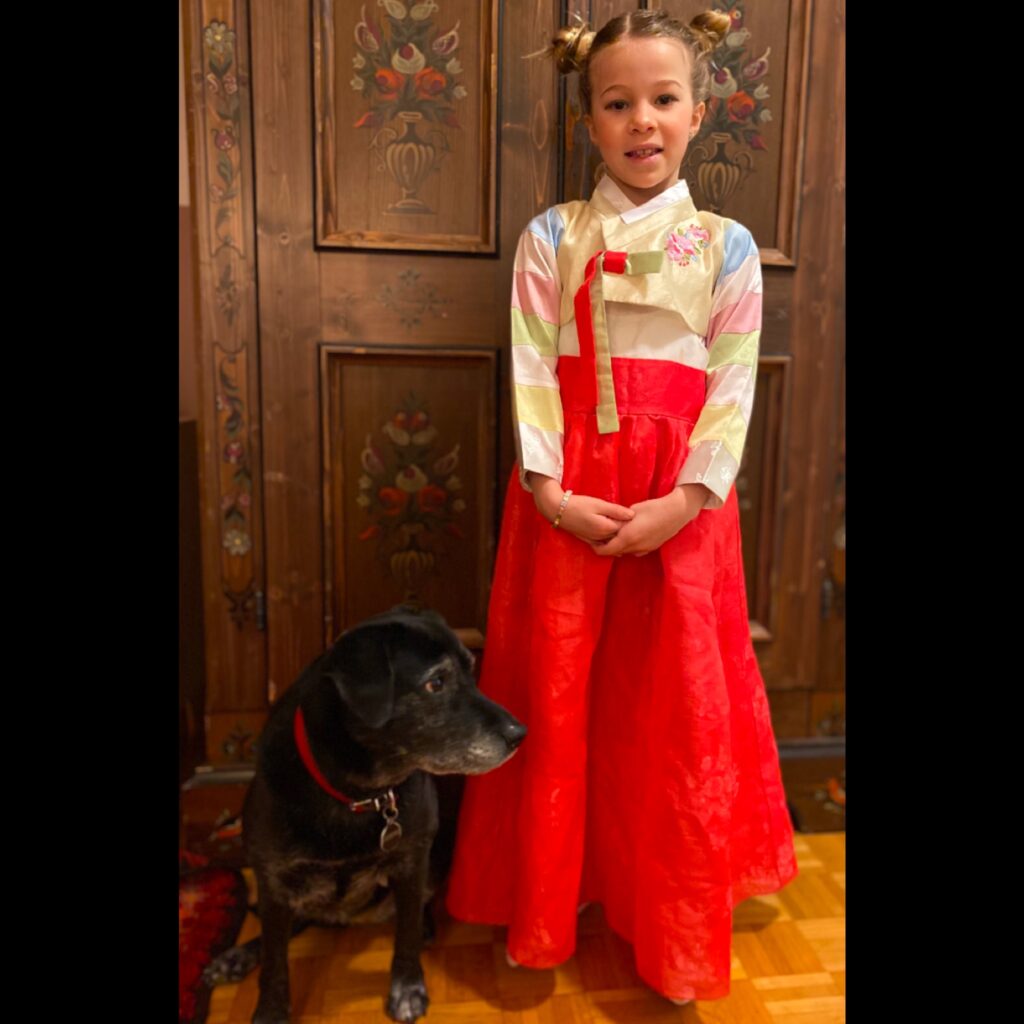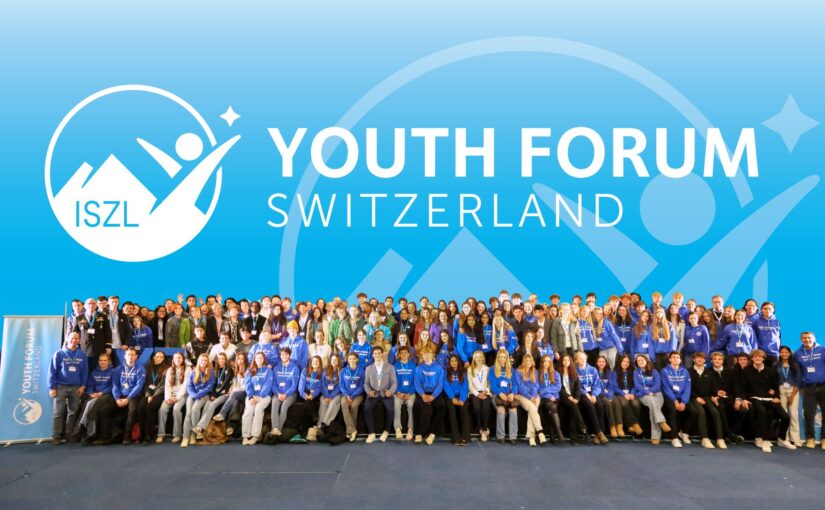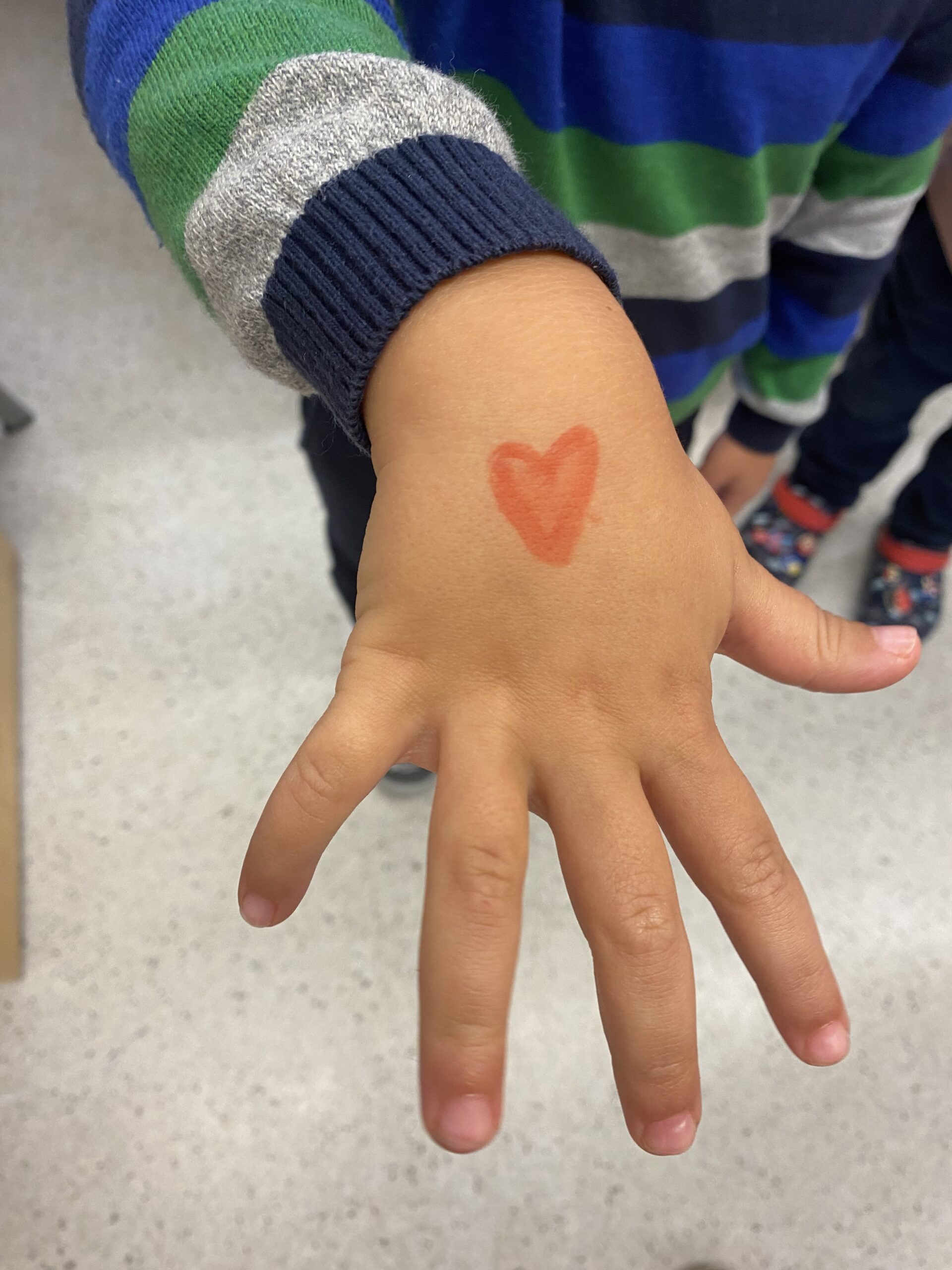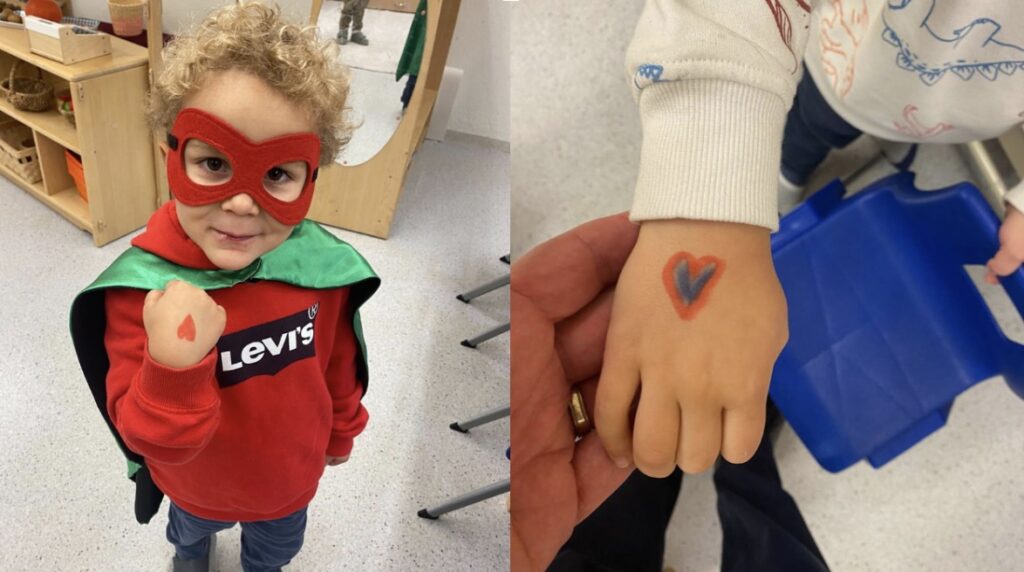Our morning routines are filled with grounding rituals that set the stage for the day ahead. While these routines are important for us as adults, they are especially critical for children, playing a key role in their emotional and developmental well-being.
Among my favourite moments each morning – and I confess that I am a “morning person” – is the drop-off routine with my children. As with any family, finding meaningful time to spend with our children can be challenging, so I have intentionally made our cherished morning rituals a consistent moment to connect whenever possible.
For our 7-year-old daughter, this includes an audiobook on the drive to school, currently, the Magic Tree House series, sparking thoughtful questions and conversations. This is followed by a cheerful walk to her classroom and a moment of connection, whether through a hug, kind words, or a simple pause, before she eagerly starts her day.
For our 4-year-old son, a small but meaningful ritual has become essential. As we enter his classroom, he often hands me a marker, asking for a heart to be drawn on the back of his hand. Once the heart is drawn, he hugs me and begins his day.
I sense that this simple gesture holds a deeper meaning for him — a bridge between home and school, a reassurance that carries him through the day. It is a tangible reminder of our connection, offering comfort and security as he transitions into his first activity. This routine seems to bring him a sense of predictability and grounding, both essential for children to feel emotionally ready to embrace their day.
This small act also reflects a much deeper value we hold as an ISZL community: the belief that emotional well-being and psychological safety are foundational to thriving as a learner. A commitment to a culture of care, where every student feels seen, supported, and valued, is at the core of our mission.
Those seemingly minor but deeply impactful rituals – whether a warm greeting from a bus driver, a teacher’s welcome, journaling quietly, connecting with friends, or even drawing a heart – anchor children emotionally, preparing them to engage in their learning. These routines and acts of connection are simple yet powerful, fostering confidence and readiness to embrace the day’s opportunities.
For my son, the heart on his hand also expresses feelings that are still too complex to put into words. As he develops emotionally, this symbol helps him communicate his need for reassurance in a way he understands. At ISZL, we strive to create inclusive environments where students of all ages can express themselves openly and feel supported as they navigate their growth and learning journeys.
These personal moments of care align with our shared values. Strong relationships and a sense of belonging are essential for effective learning. When students feel emotionally secure, they are more likely to take risks, explore new ideas, and immerse themselves fully in their experiences. Moments of care, whether a heart or a smile, form the foundation for their success in school and beyond.
As 2025 begins to take shape, I wish you a year filled with meaningful rituals that bring joy, well-being, and a deep sense of fulfilment.
Barry Dequanne
Afterword: The “heart on hand” morning ritual was initiated by my son, a gesture that brought him comfort and connection. Now, as he grows more independent and requests it less frequently, I find myself cherishing these moments even more. I have come to realise that this small act not only supports his transition into the day but also grounds me, reminding me of the importance of connection, care, and shared rituals to start my own day with intention and gratitude.





